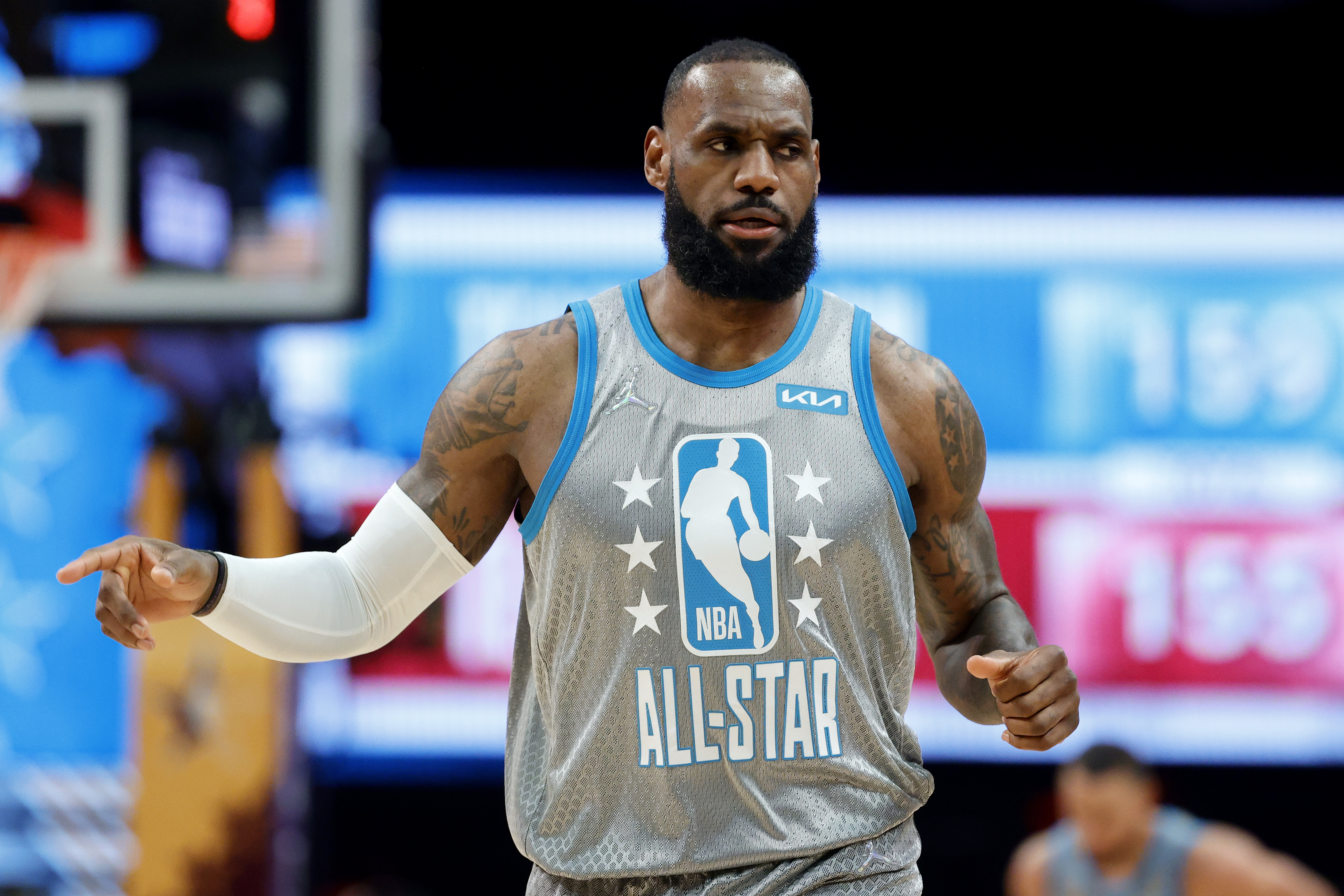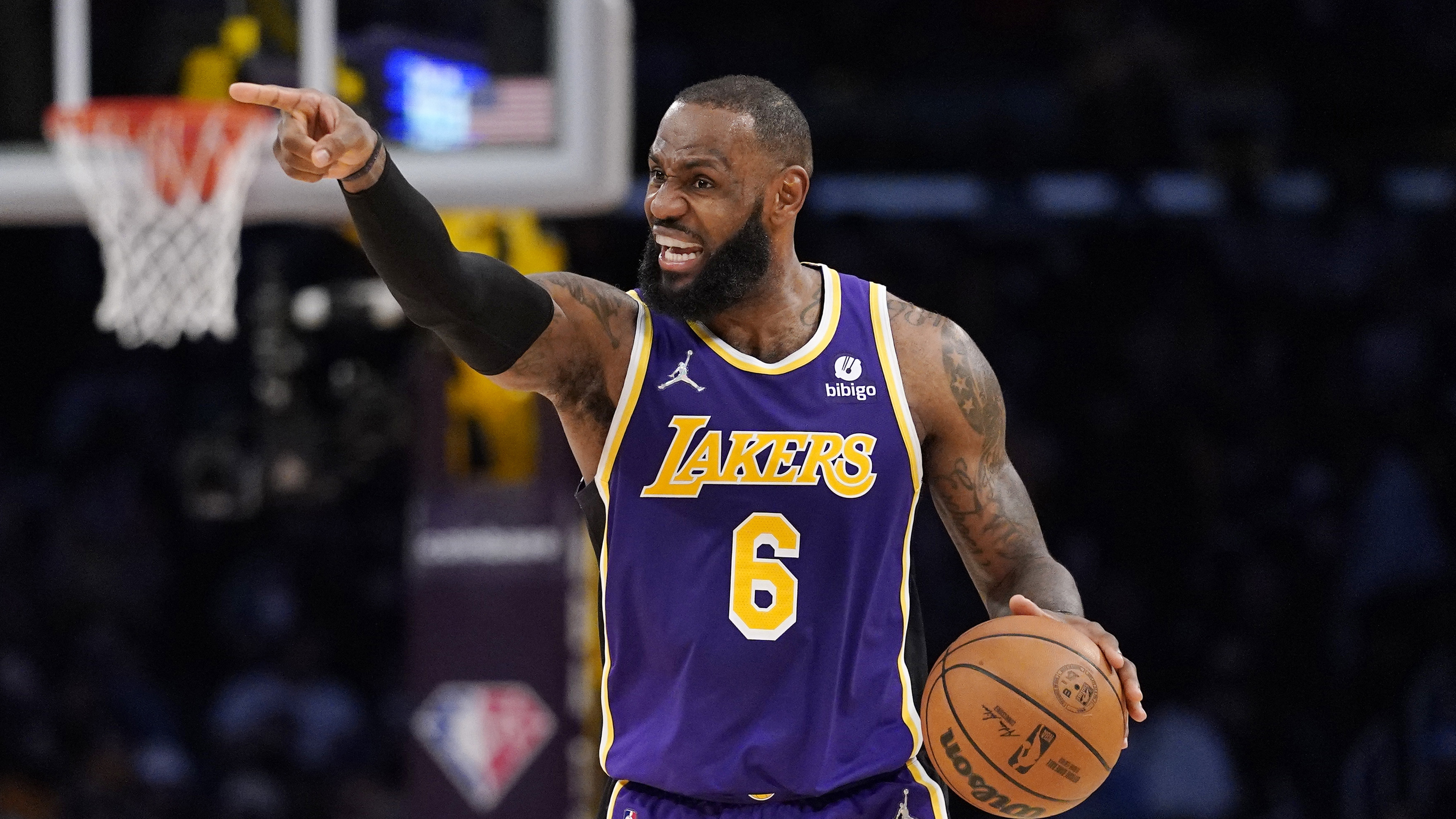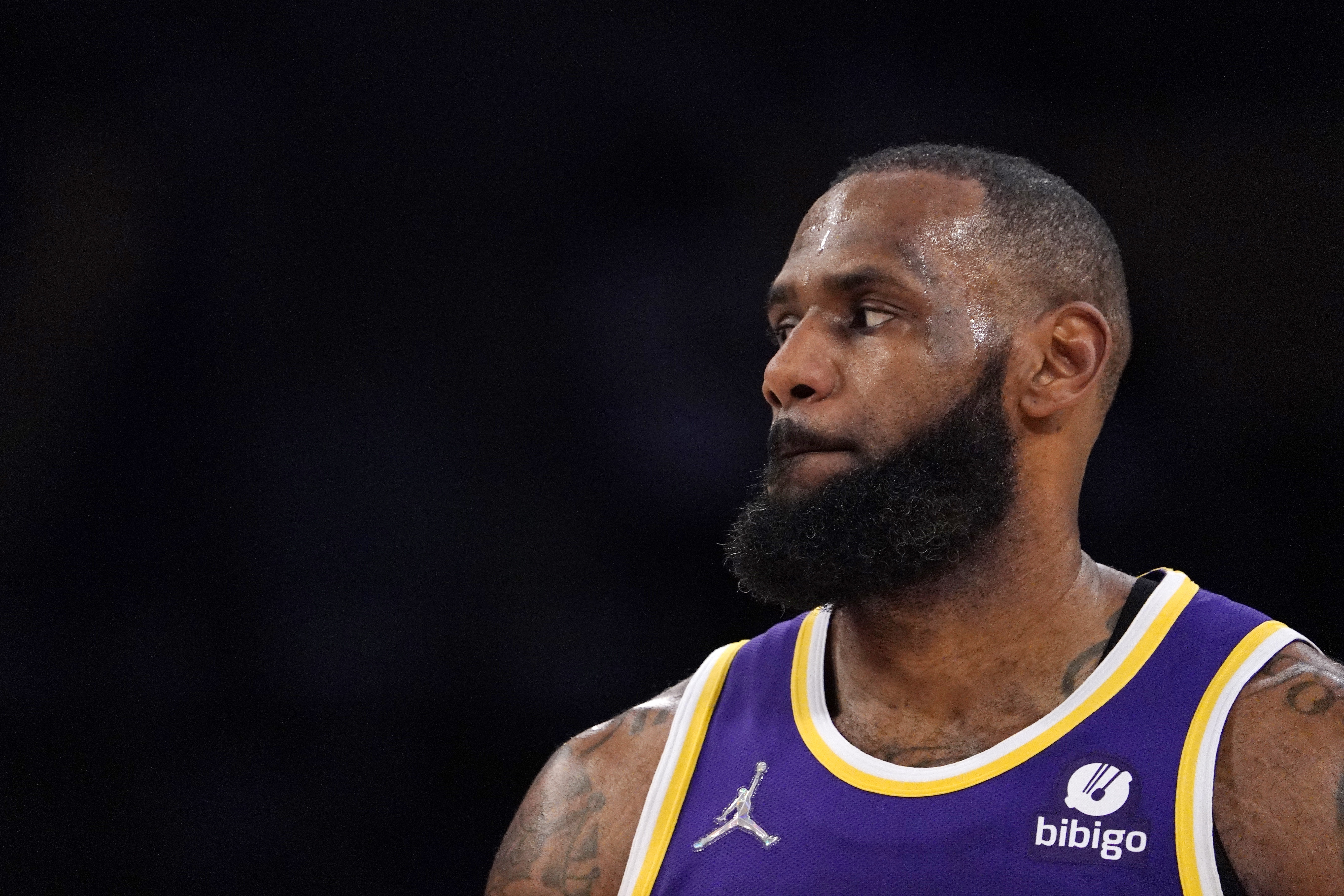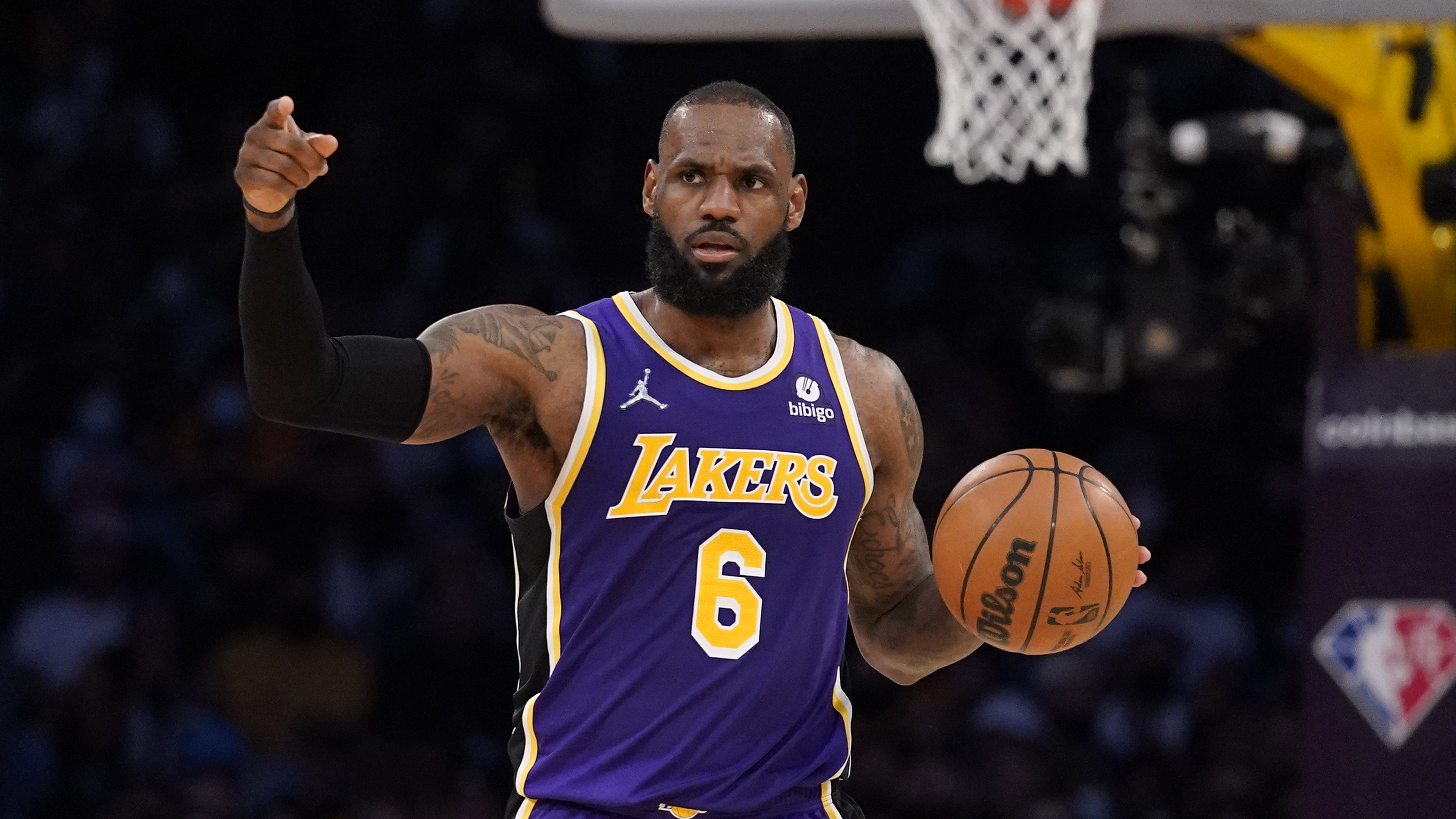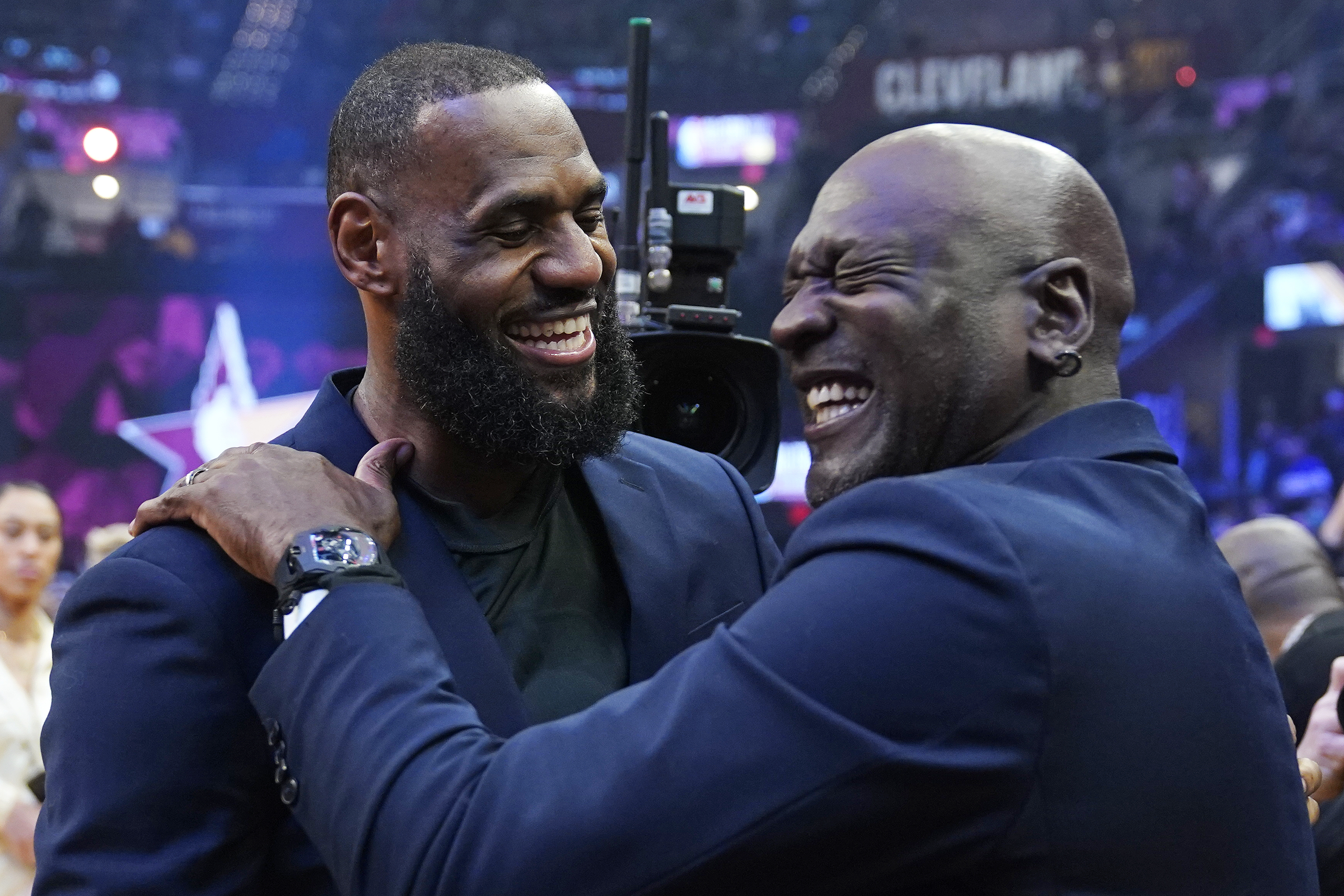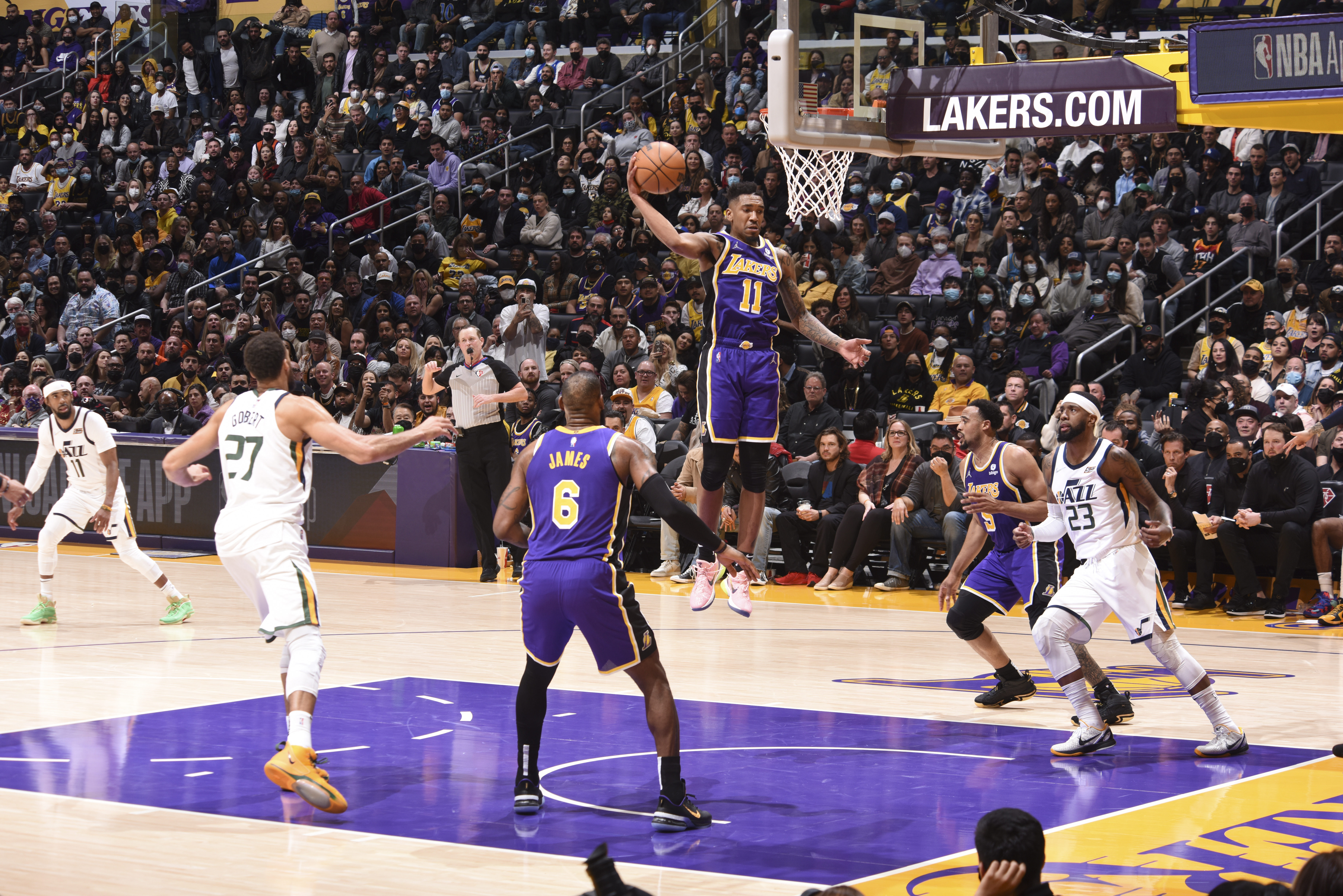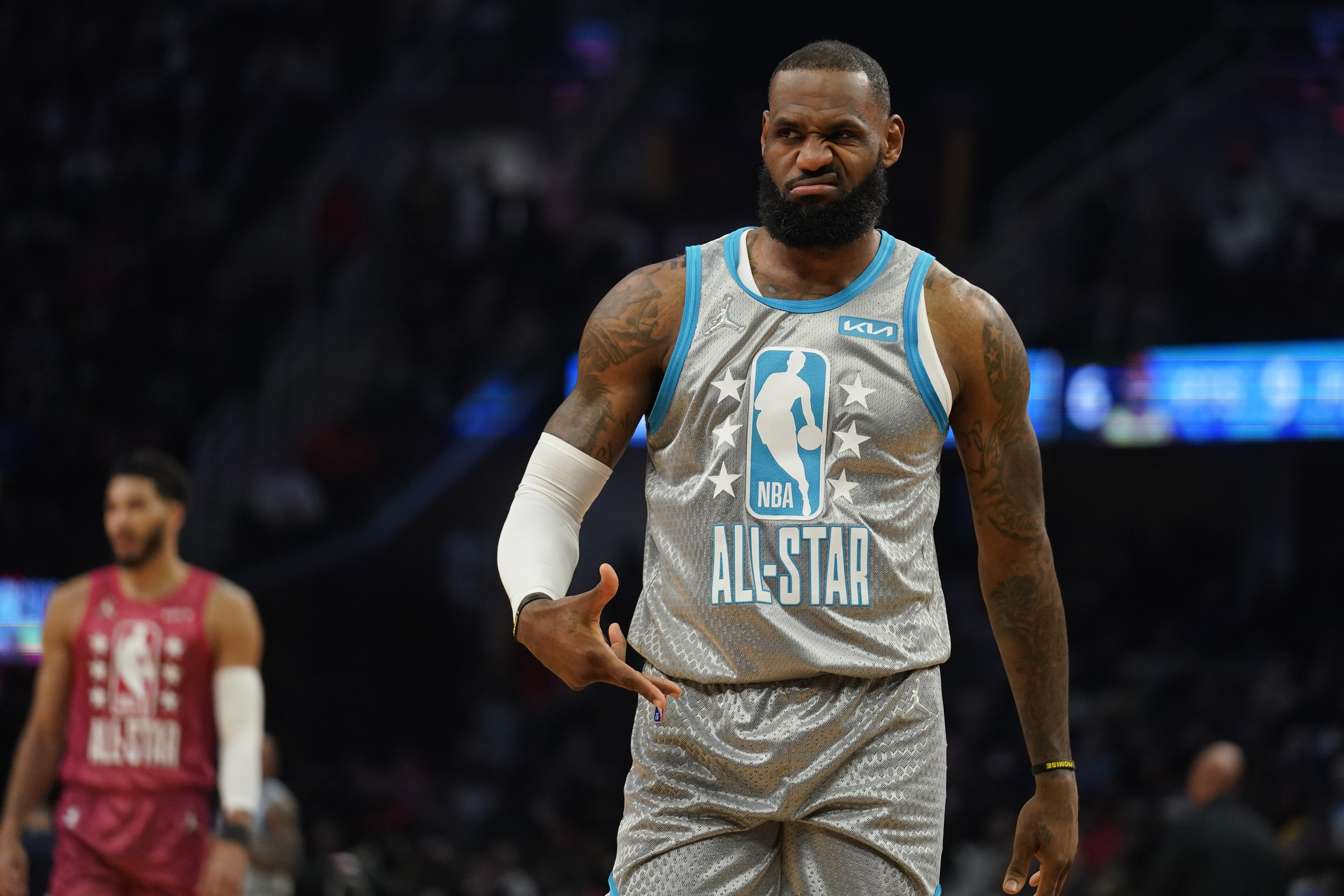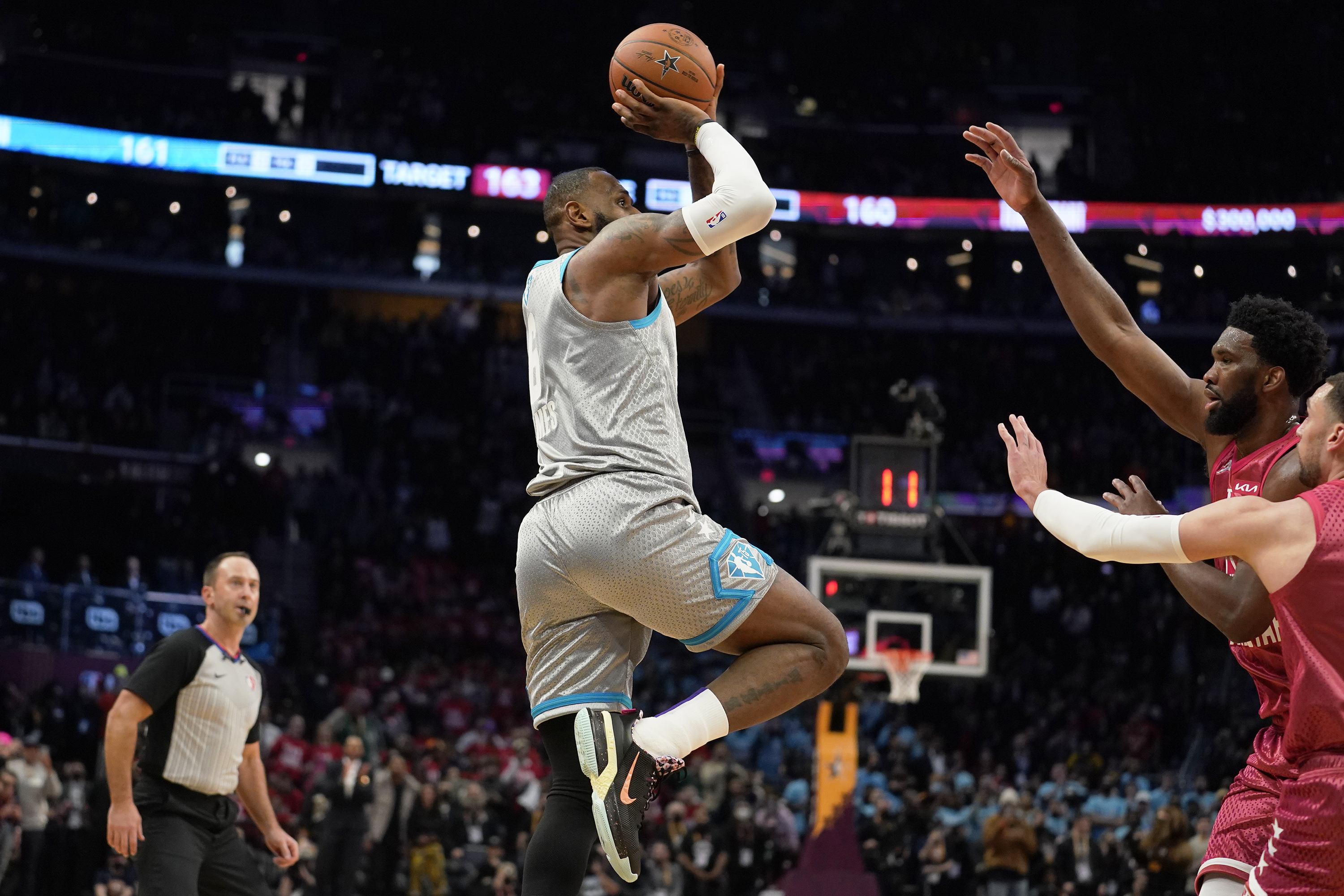Should Los Angeles Lakers Actually Trade LeBron James? There Are No Easy Answers

In 2004, Jerry Buss resolved a similar no-win situation by trading Shaquille O'Neal to the Miami Heat to ensure Kobe Bryant would stay with the Los Angeles Lakers long term. Nearly 20 years later, his daughter Jeanie Buss—now the final decision-maker for the franchise—may need to make a similarly bold move with LeBron James.
Dr. Buss recognized that the O'Neal/Bryant relationship had run its course. The O'Neal trade was wildly controversial, especially when O'Neal went on to win another title with the Miami Heat. But the legendary center's career was over five years before Bryant's, and the younger guard brought two additional championships to Los Angeles.
The Lakers may be at a similar crossroads with James. If he chooses not to extend with the franchise in August, would Jeanie Buss and the Lakers' front office need to seriously contemplate trading one of the best players in NBA history?
The Lakers are currently ninth in the Western Conference with 24 regular-season games left to climb. Championship aspirations have shifted to the modest goal of finishing in seventh or eighth place for a single play-in game instead of two. The franchise could conceivably miss the playoffs with Anthony Davis out for several weeks with a foot injury.
Whatever the outcome, it will weigh heavily on LeBron James, who is eligible for a two-year contract extension this summer. Without the clarity of an extension, the Lakers won't be able to invest any future assets into the LeBron era.
The speculation on James' future has already begun, and the Cleveland Cavaliers could be a real possibility.
"The door's not closed on that," James told Jason Lloyd of The Athletic. "I don't know what my future holds. I don't even know when I'm free."
That would be July 1, 2023.

The Lakers need an answer ahead of the NBA draft in late June and free agency in July before the 2022-23 roster comes together. Should James commit, the team will need to improve upon this season's subpar product. With Russell Westbrook likely to opt into the final year of his deal at $47.1 million, his contract may be slightly more palatable as an expiring—especially if Los Angeles is offering a pair of distant (presumably post-James) first-rounders in 2027 and 2029.
That's not a simple job for Buss and president of basketball operations Rob Pelinka to execute. But it may be a lot easier than the alternative if James won't commit.
If James is dead set on another run with the Cavaliers, the Lakers will face the same dilemma the Brooklyn Nets saw with James Harden before the Feb. 10 deadline. Superstars pick their destinations, especially near the end of their contracts. That's precisely how Davis landed in Los Angeles via trade from the New Orleans Pelicans.
Once word spread through NBA front offices that Harden was going to the Philadelphia 76ers eventually either by trade or free agency, that was that. The threat (or perhaps acceptance of reality) was enough to inspire the Nets to get value back in return via trade (Ben Simmons, Andre Drummond, Seth Curry and two first-round picks).
If motivated, the Cavaliers can get to enough cap room to max out James at $46.7 million for the 2022-2023 season. It can work, even if All-Star Darius Garland gets a full extension this summer, starting at approximately $31.8 million (provided he doesn't earn above the standard 25 percent max). The Cavaliers would need to hold the line on spending elsewhere and find a team to take Lauri Markkanen's contract off its books.
Just that threat—the possibility alone that the Cavaliers can sign James outright in free agency—could be enough to scare away all other suitors. The Lakers could find a market of one team, just Cleveland.
The decision could amount to trading one of the NBA's marquee superstars or letting him walk for nothing.
The Cavaliers can put together several different packages to reach the $35.5 million in outgoing salary for James, who will earn $44.5 million next season. Kevin Love can get Cleveland most of the way there with his expiring $28.9 million. If not Love, the team could offer different combinations that could include Isaac Okoro, Cedi Osman, Markkanen, Caris LeVert, Dylan Windler, Dean Wade and/or Lamar Stevens.
Collin Sexton (currently out with a knee injury) will be a restricted free agent potentially available for a sign-and-trade. That's not prohibitive, but it would lock the Lakers into a hard cap at roughly $153.6 million. It's worth noting that Sexton is represented by Rich Paul of the Klutch Sports Group, the same agent as James and Davis.
Meanwhile, Cleveland should have all of its first-rounders over the next seven seasons, assuming its 2022 selection goes to the Indiana Pacers. But the Cavaliers would need assurances that James will stick for several years. That might be solved in an extend-and-trade, which could lock James in through 2024-25 at $95.7 million.
The smart move for Cleveland (or any team who covets James, including the Lakers) would be to draft Bronny James, who projects to be in the 2024 class. James has indicated he'll "do whatever it takes to play with my son for one year."
Bronny James will finish high school almost exactly when James' current contract expires. The All-Star is very much a family man. He may not want to relocate any time soon, with another young son (Bryce James) just getting started at Sierra Canyon.
This is not a one-sided difficult decision. James will need to do some serious soul-searching as well, and he may choose to stay with the Lakers until he gets the chance to play with Bronny.
If he does choose to move on after his contract expires, and if Cleveland is indeed his next destination, is a package built around Sexton, Markkanen and one or two first-round picks enough for the Lakers? If the Lakers' ask is for Evan Mobley or All-Stars Jarrett Allen or Garland, that will be a "no" from Cleveland. Even Okoro may be off-limits.
Remember, the Cavaliers would be paying to get James a season earlier. The team can wait for 2023-24, which is why Cleveland has leverage if James decides to return.
If the Lakers don't want Sexton, Markkanen or the other players listed from the Cavaliers, Cleveland might need to recruit a third or fourth team into a theoretical deal. Another factor to consider is the $60-75 million in cap space the Lakers project to have for the 2023 offseason without James.
Is the team better served with that spending power instead of taking what Cleveland has to offer? Would the picks be enough value for the Lakers to see their cap room drop more than half to the $25-$38 million range in the summer of 2023?
And while the Lakers are certainly welcome to scour the market for offers from the other 28 teams, if James chooses the Cavaliers like Harden picked the Sixers, the options will be significantly limited.
Also, if the Lakers and James go separate ways, what happens with Davis, who is under contract through 2024-25 (but with an early termination option after the 2023-24 season)? Do the Lakers look to build around the often-injured almost-29-year old? Would the answer be a complete rebuild?
The Lakers aren't looking to trade James, and there's no evidence that James is looking to leave. But each of these questions hinges on what James chooses to do in August, and L.A. will need a decision within the next four months.
Email Eric Pincus at eric.pincus@gmail.com and follow him on Twitter, @EricPincus.

